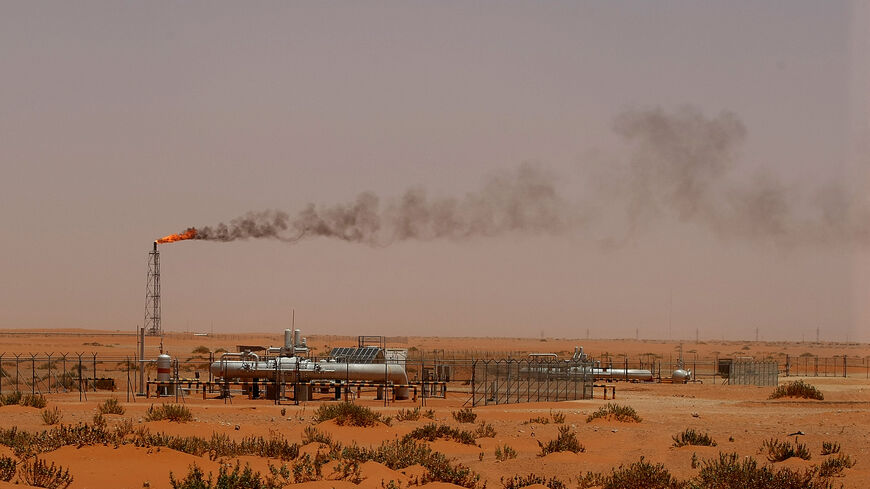DUBAI — Saudi Arabia’s oil exports dropped by more than one-third to their lowest value since September 2021, Bloomberg reported on Tuesday, affecting oil prices.
In May of this year, Saudi Arabia’s value of oil exports hit a low of just over $19 billion, reported the kingdom’s General Authority for Statistics. This includes both crude and refined products.
Compared year-on-year in May, oil exports decreased by 37.7%, or $11.6 billion, from May 2022 to May 2023, according to the data agency. Also, the overall share of oil exports in total exports fell from 80.8% in May 2022 to 74.1% the following year in May.
Last year, the kingdom saw higher crude prices and production levels. The Brent crude oil spot price averaged $100 per barrel in 2022, and the West Texas Intermediate (WTI) spot price averaged $95 per barrel, according to the United States Energy Information Administration.
Yet in late 2022, it began to make production cuts with the aim of better managing oil supplies, resultantly increasing oil prices to stabilize the market amid the impact of global economic fears caused by the Russian war on Ukraine.
Crude oil prices saw a spike in June due to the recent cuts, reported Bloomberg. Yet higher interest rates could shake up economic activity in the United States and Europe. Brent prices averaged $75 per barrel in May and reached $82.25 per barrel, according to financial data website Market Watch.
Earlier this month, Saudi Arabia said it will extend its oil production cut of 1 million barrels per day (bpd) for another month. Initially, the cut was effective until the end of July, but now it will hold out until the end of August. Russia, a key member of the Organization of the Petroleum Exporting Countries (OPEC), also said it would lessen its oil exports to 500,000 bpd until the end of August, further tightening global supplies.
Outside of Russia's and Saudi Arabia’s recent cuts, OPEC members and their allies have made cuts totaling 3.66 million bpd since late last year. The total includes voluntary cuts of 2 million bpd that started in November 2022 and an additional 1.66 million bpd reduction in April of this year.
These cuts by OPEC and its allies have agitated Western countries and international organizations, which accuse the oil-producing countries of contributing to the global economic slowdown.
The November reduction came after the United States asked Saudi Arabia and OPEC members not to make production cuts. The 2 million barrels slashed per day by the October decision accounted for 2% of world demand and led US President Joe Biden to vow consequences.


f0eb.jpg)





